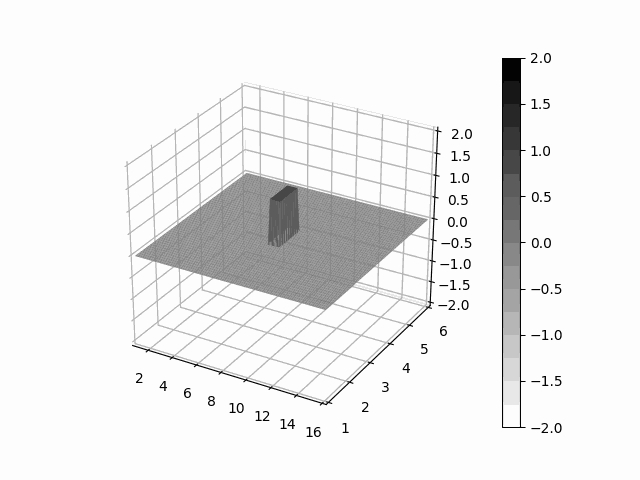Code for Temporally Abstract Partial Models
Accompanies the code for the experimental section of the paper: Temporally Abstract Partial Models, Khetarpal, Ahmed, Comanici and Precup, 2021 that is to be published at NeurIPS 2021.
Installation
- Clone the
deepmind-researchrepository andcdinto this directory:
git clone https://github.com/deepmind/affordances_option_models.git
- Now install the requirements to your system
pip install -r ./requirements.txt. It is recommended to use avirtualenvto isolate dependencies.
For example:
git clone https://github.com/deepmind/affordances_option_models.git
python3 -m virtualenv affordances
source affordances/bin/activate
pip install -r affordances_option_models/requirements.txt
Usage
- The first step of the experiment is to build, train and save the low level options:
python3 -m affordances_option_models.lp_learn_options --save_path ./optionswhich will save the option policies into./options/args/.... The low level options are trained by creating a reward matrix for the 75 options (seeoption_utils.check_option_termination) and then running value iteration. - The next step is to learn the option models, policy over options and affordance models all online:
python3 -m affordances_option_models.lp_learn_model_from_options --path_to_options=./options/gamma0.99/max_iterations1000/options/. See Arguments below to see how to select--affordances_name.
Arguments
- The default arguments for
lp_learn_options.pywill produce a reasonable set of option policies. - For
lp_learn_model_from_options.pyuse the argument--affordances_nameto switch between the affordance that will be used for model learning. For the heuristic affordances (everything,only_pickup_dropandonly_relevant_pickup_drop) the model learned will be evaluated via value iteration (i.e. planning) with every other affordance type. For thelearnedaffordances, onlylearnedaffordances will be used in value iteration.
Experiments in Section 5.1
To reproduce the experiments with heuristics use the command
python3 -m affordances_option_models.lp_learn_model_from_options \
--num_rollout_nodes=1 --total_steps=50000000 \
--seed=0 --affordances_name=everything
and run this command for every combination of the arguments:
--seed=: 0, 1, 2, 3--affordances_name=:everything,only_pickup_drop,only_relevant_pickup_drop.
Experiments in Section 5.2
To reproduce the experiments with learned affordances use the command
python3 -m affordances_option_models.lp_learn_model_from_options \
--num_rollout_nodes=1 --total_steps=50000000 --affordances_name=learned \
--seed=0 --affordances_threshold=0.0
and run this command for every combination of the arguments:
--seed=: 0, 1, 2, 3--affordances_threshold=: 0.0, 0.1, 0.25, 0.5, 0.75.
Citation
If you use this codebase in your research, please cite the paper:
@misc{khetarpal2021temporally,
title={Temporally Abstract Partial Models},
author={Khimya Khetarpal and Zafarali Ahmed and Gheorghe Comanici and Doina Precup},
year={2021},
eprint={2108.03213},
archivePrefix={arXiv},
primaryClass={cs.LG}
}
Disclaimer
This is not an official Google product.






